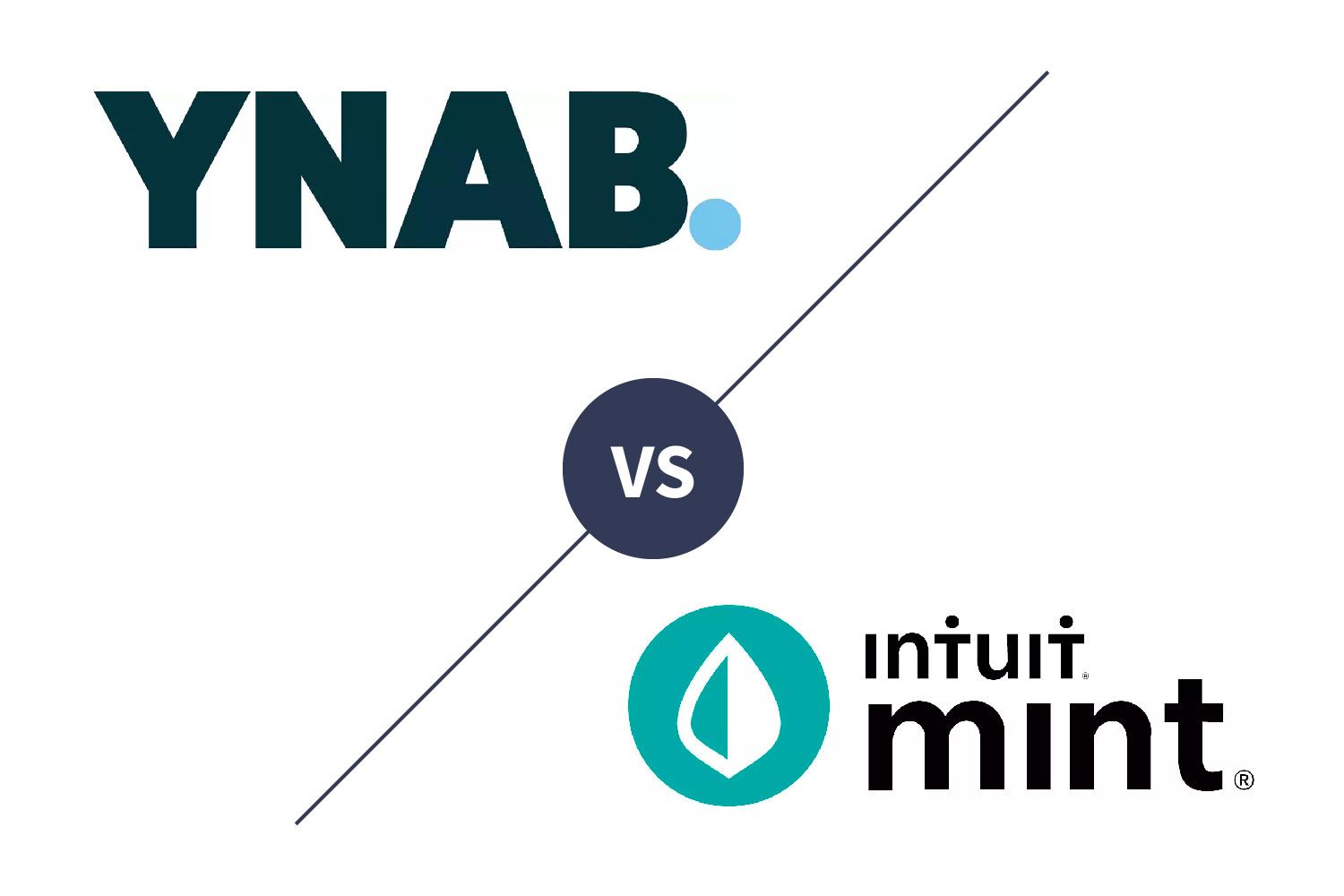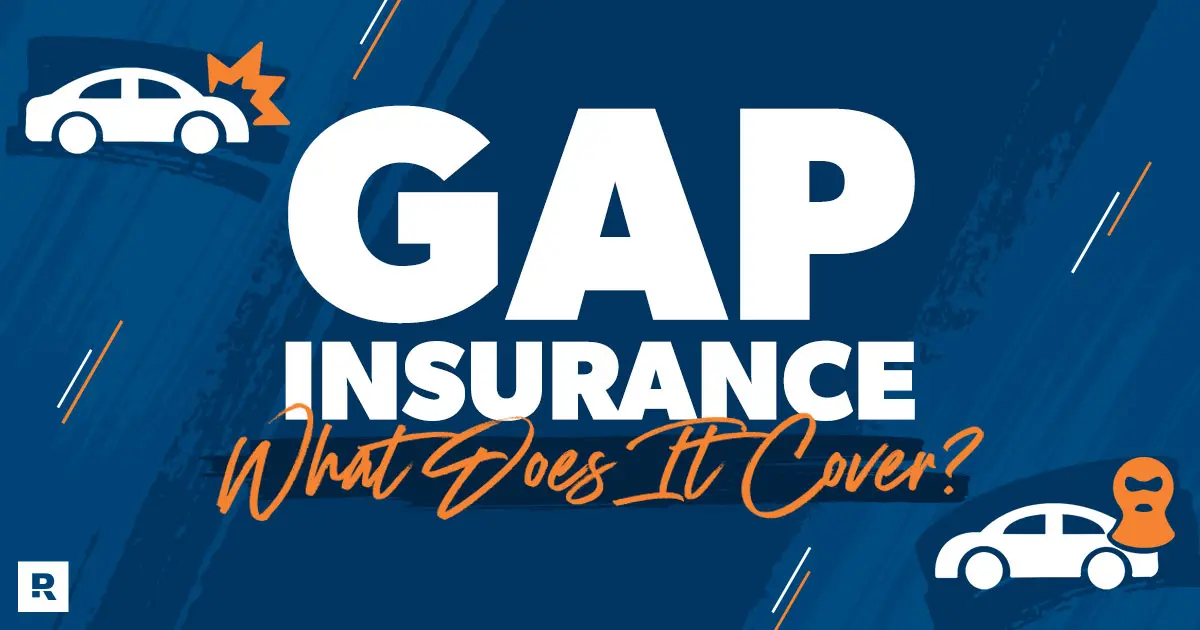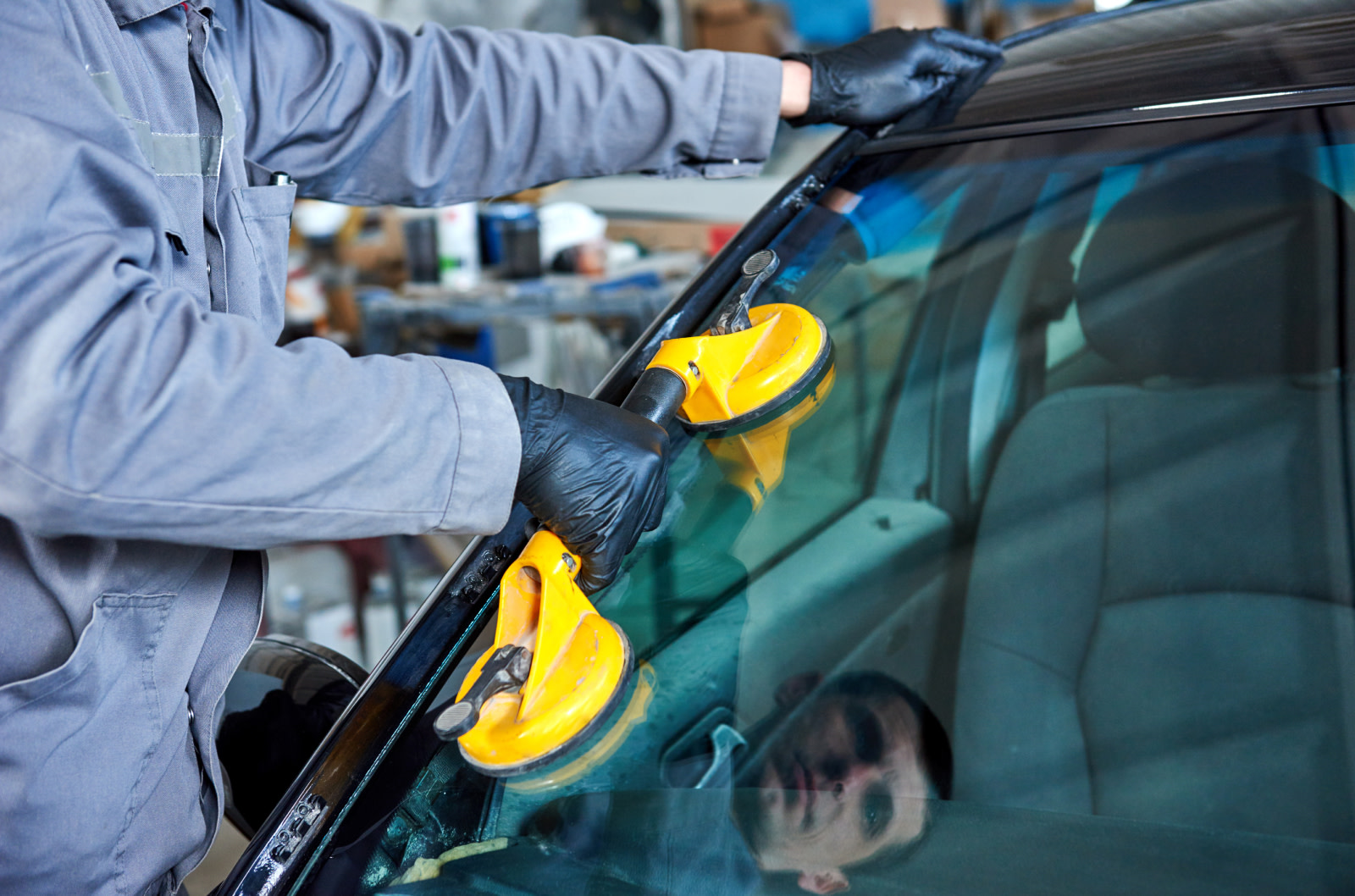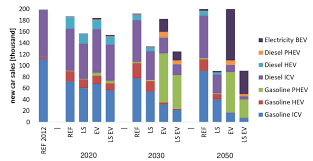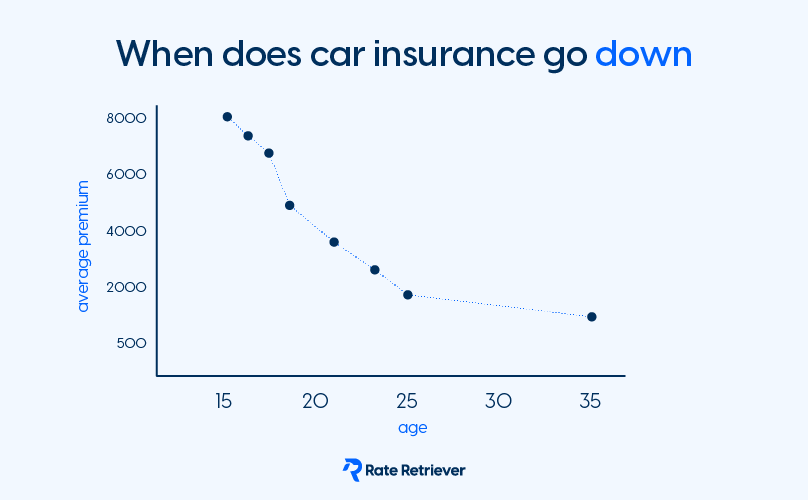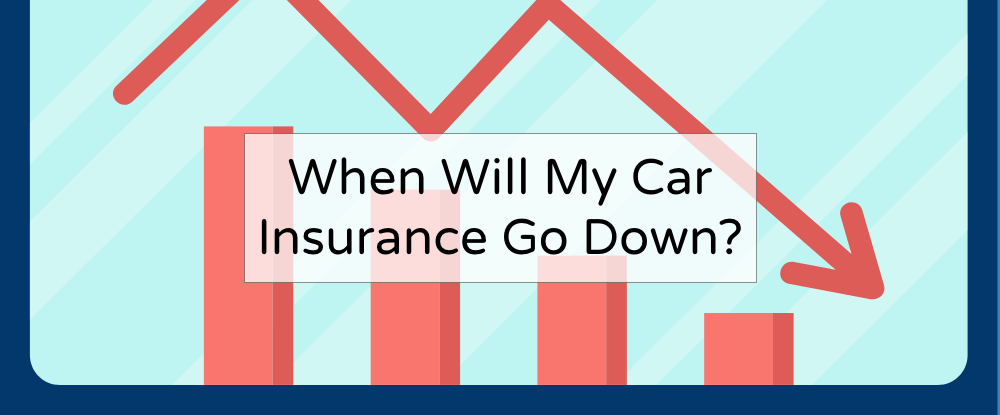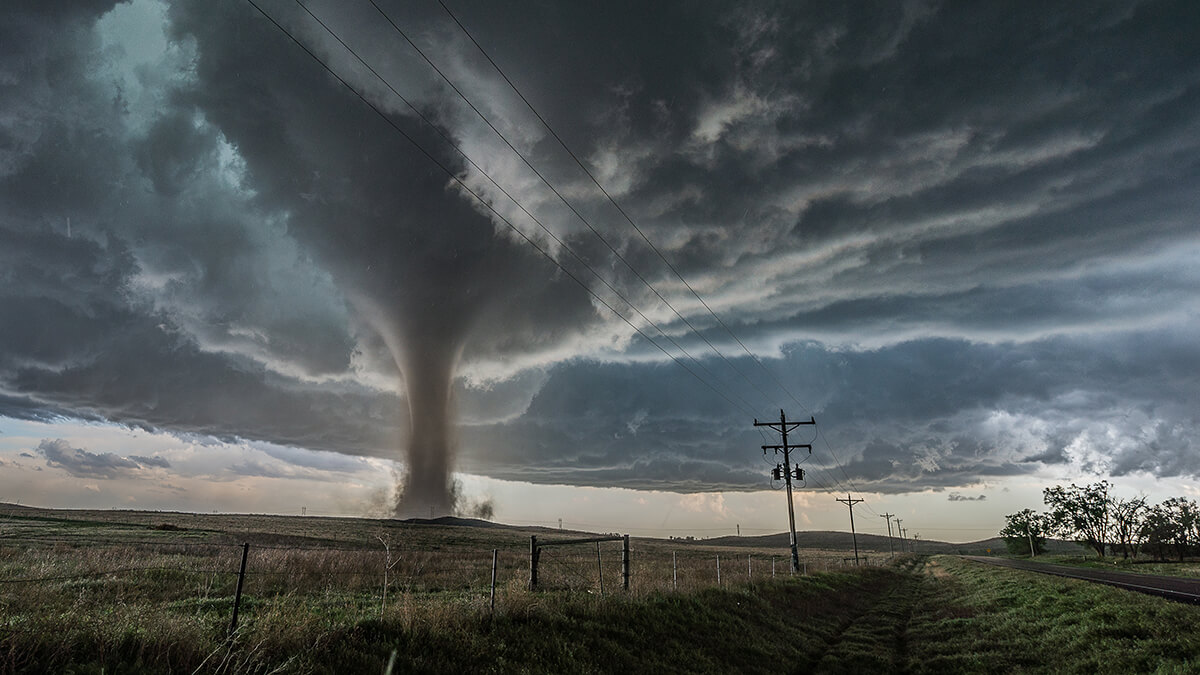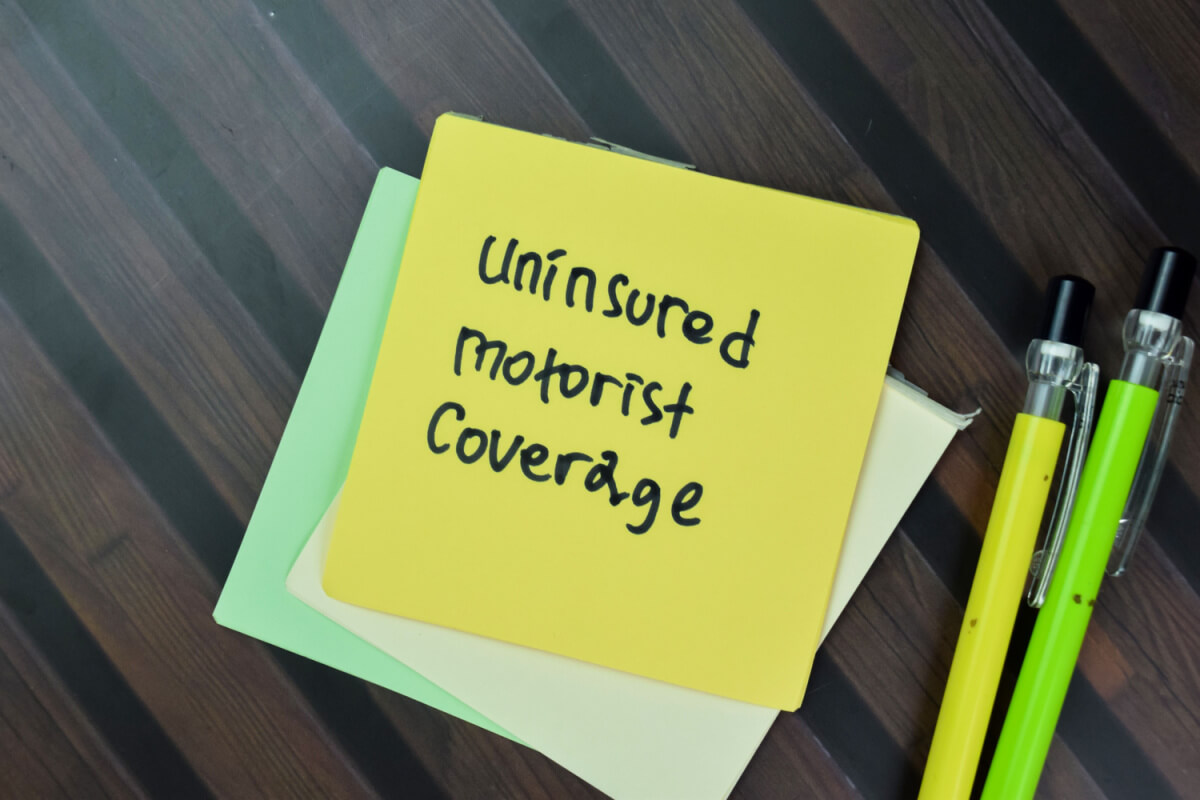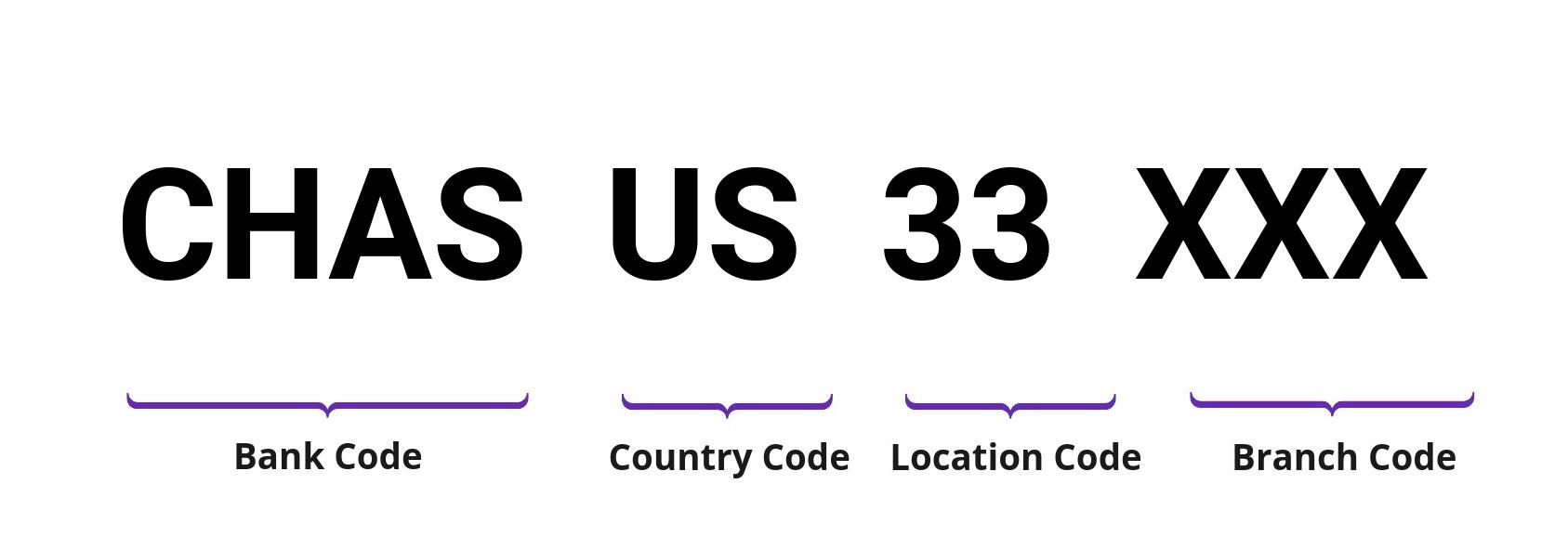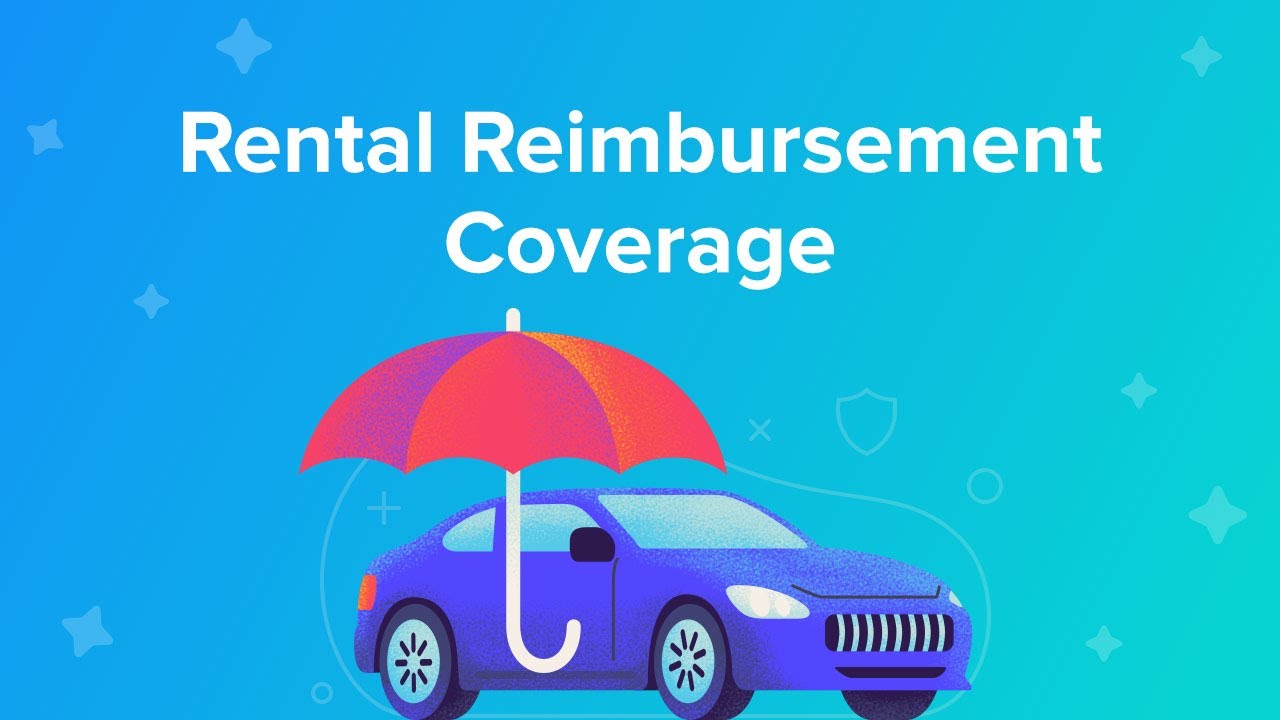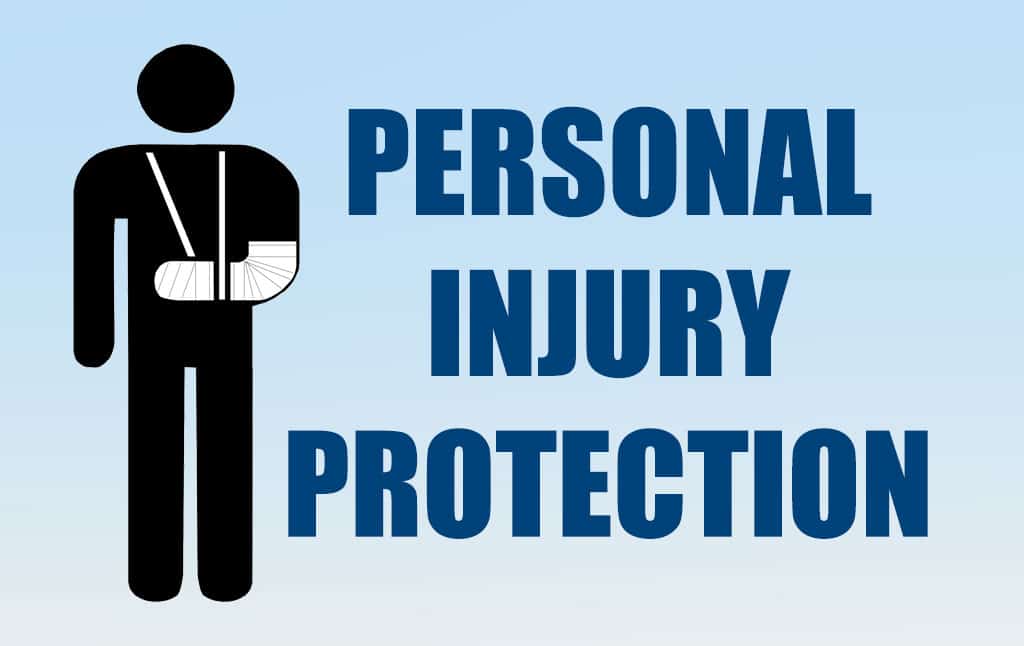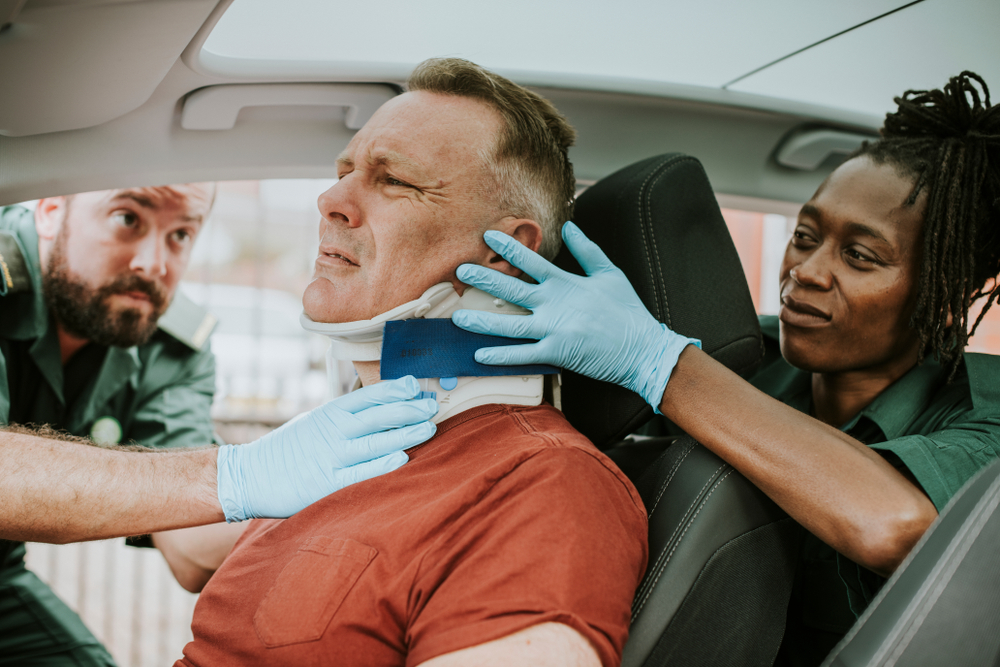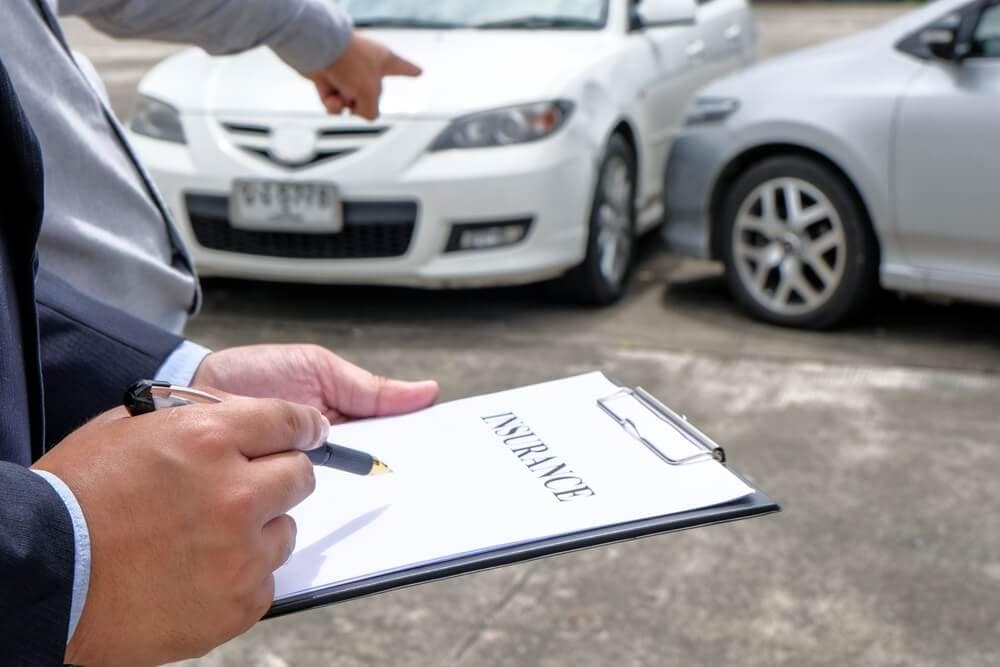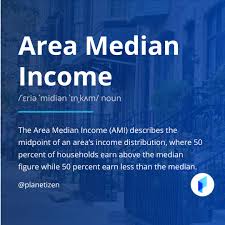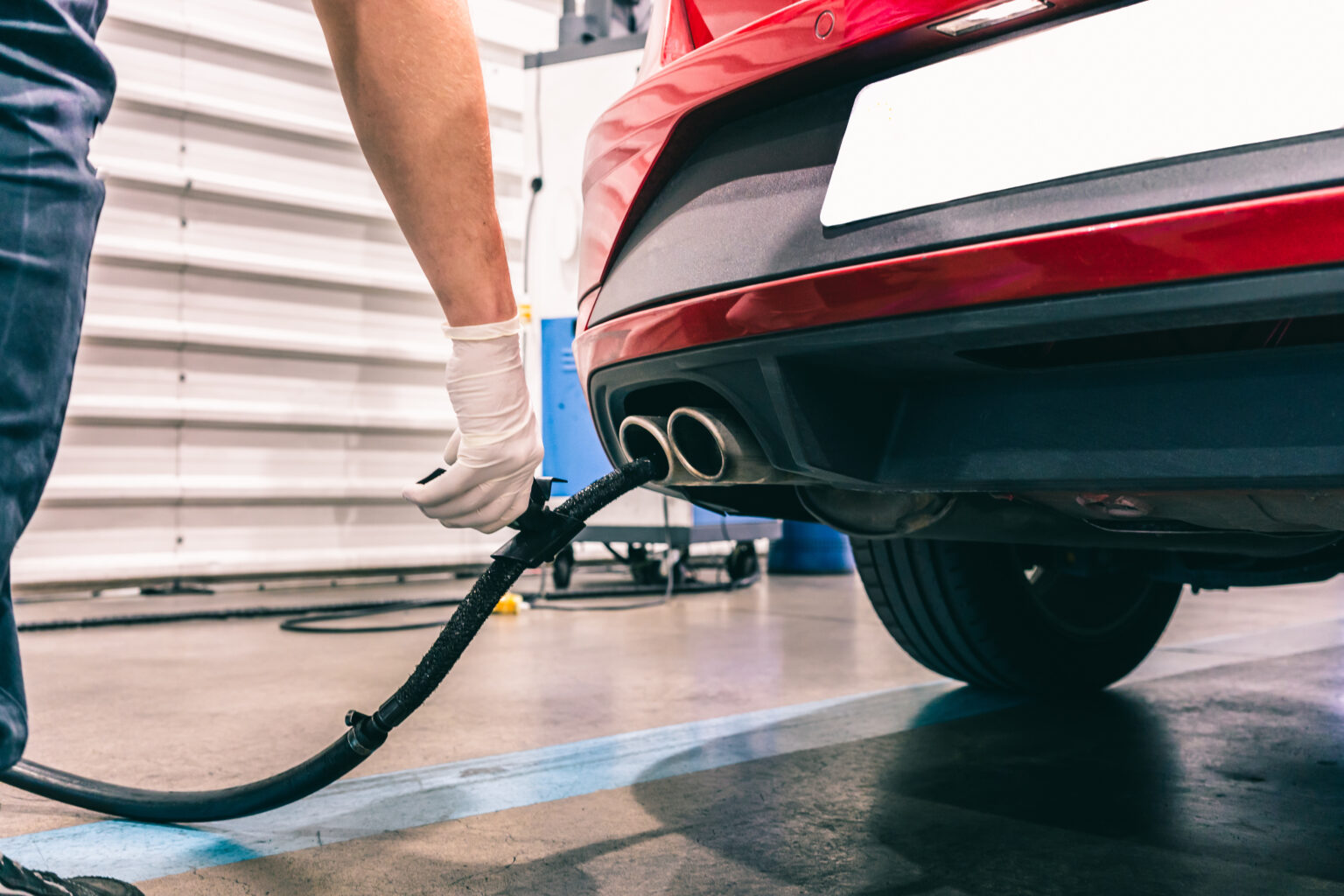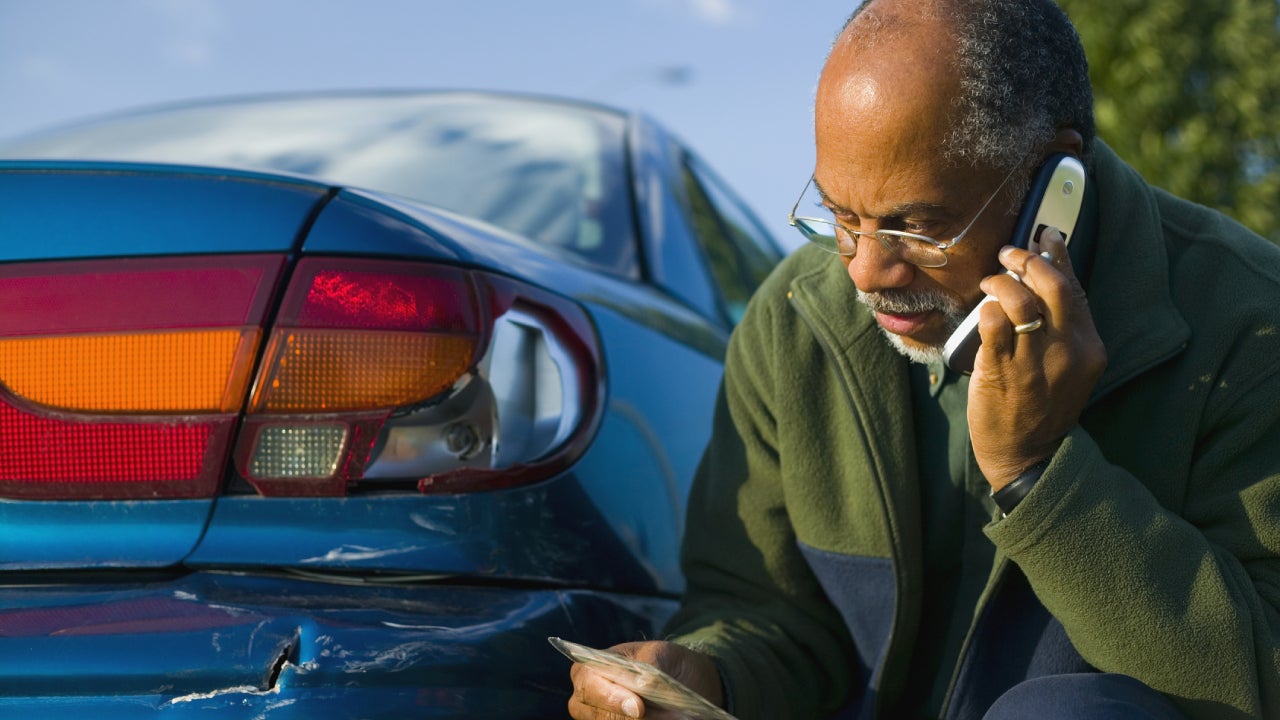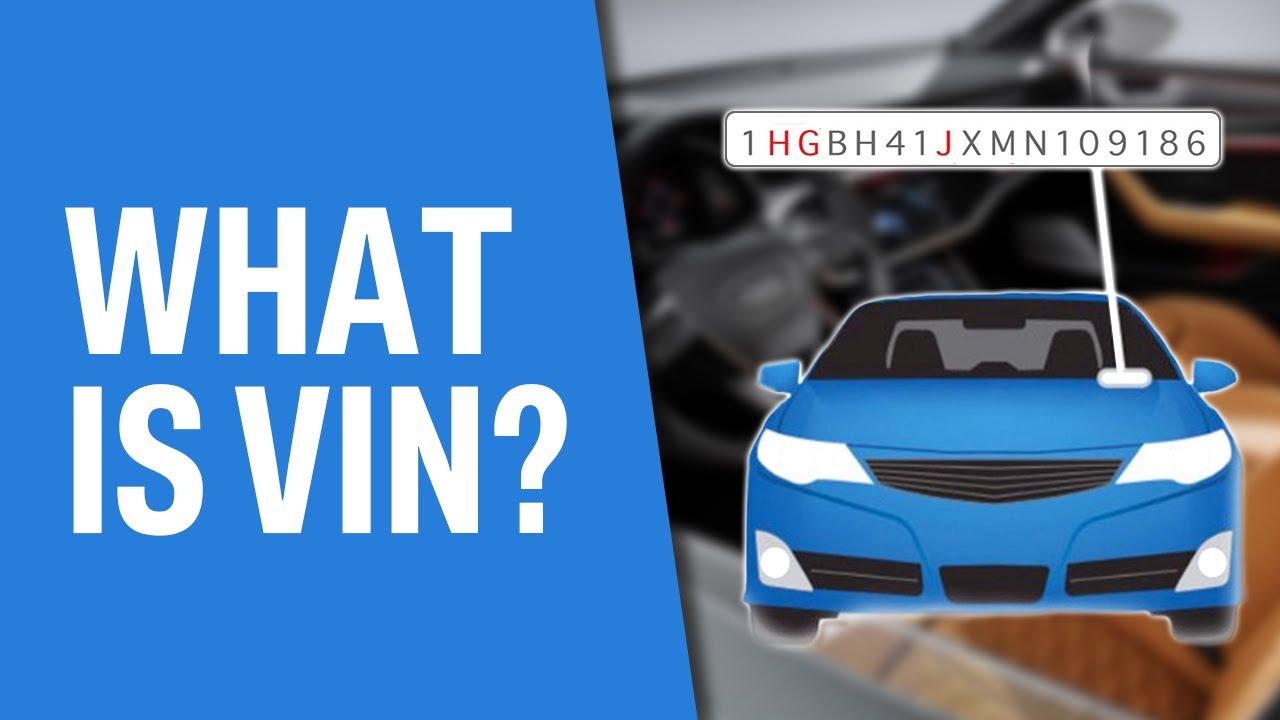Personal Injury Protection (PIP), often called no-fault insurance, is a type of auto coverage that helps pay for medical expenses and lost wages if you or your passengers are injured in a car accident. The best part? PIP covers you regardless of who caused the accident. While some states require it, others make it optional or don’t offer it at all.
What Does Personal Injury Protection Cover?
PIP coverage can handle a range of costs that come after an accident. Depending on your state and policy, this may include:
- Medical bills: Covers injuries for you and anyone listed on your policy. Some states even extend this to pedestrians or cyclists hit by a car.
- Lost wages: If you or your passengers can’t work due to an accident, PIP can help replace some of your income.
- Household services: From childcare to house cleaning and yard work, PIP may cover the costs of daily chores you can’t handle while injured.
- Disability and rehabilitation: Helps cover rehab expenses and other disability-related costs.
- Death benefits: Provides financial support to your family if you die in a car accident.
Pro Tip: Some states allow you to choose a PIP deductible, which can help lower your premium. Learn more about PIP deductibles.
No-Fault Insurance States Explained
No-fault insurance states require drivers to carry PIP so that medical expenses from car accidents are covered by their own insurance first, no matter who is at fault. These states also limit lawsuits, allowing legal action only in cases of severe injuries. The goal? Reduce insurance costs by keeping minor accident claims out of court.
Most states are at-fault states and only require liability insurance. However, PIP may still be optional or mandatory in some. Check out the car insurance requirements in your state to see what applies to you.
What PIP Does NOT Cover
While PIP is helpful, it doesn’t cover everything:
- Vehicle damage: For this, you’ll need comprehensive or collision coverage.
- Vehicle theft: Comprehensive insurance typically handles stolen vehicles.
- Property damage: If you damage someone else’s property, property damage liability coverage will cover it.
PIP vs. Bodily Injury Coverage
Bodily injury liability covers injuries to others you cause, whereas PIP covers you and your passengers. In no-fault states, drivers are often still required to carry bodily injury coverage for injuries exceeding state thresholds. Learn more about bodily injury coverage vs. PIP.
Med Pay vs. PIP
If your state doesn’t require PIP, you can consider adding medical payments coverage (Med Pay) to your policy. Med Pay works similarly but won’t cover lost wages or household services.
How to Choose the Right PIP Coverage
Consider these factors when deciding how much PIP coverage to buy:
- Health insurance: If you have solid health insurance, a lower PIP limit could save money.
- Health insurance deductible: High-deductible plans may benefit from higher PIP coverage.
- Payment order: PIP usually pays before your health insurance.
- Life insurance: Adding PIP can help your family cover unexpected costs in the event of a fatal accident.
- Lost wages: Physically demanding jobs may require higher PIP coverage to protect your income.
For more tips on selecting coverage, visit Insurance.com.
Conclusion
Personal Injury Protection (PIP) is an important component of auto insurance that protects you and your passengers from the financial impact of injuries, lost wages, and additional household expenses. Whether it’s required in your state or optional, understanding your coverage options can give you peace of mind on the road.
